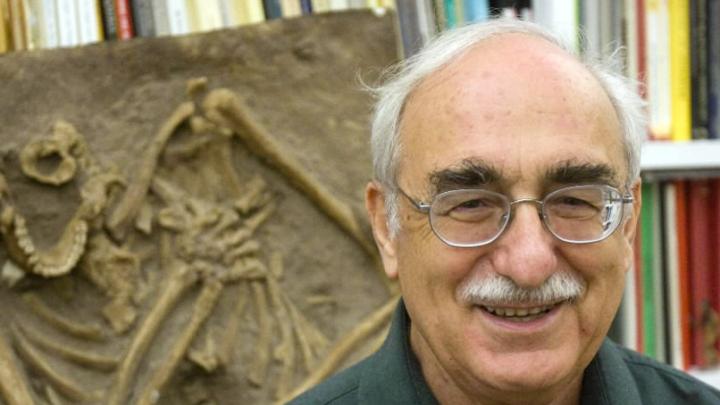The evidence that pottery predates agriculture received a powerful boost Thursday with the publication in Science of a discovery that pottery shards from Xianrendong Cave, an archaeological site 60 miles south of the Yangtze River in China, are 19,000 to 20,000 years old. The use of pottery for storing and cooking grains has tied it in the archaeological record to the invention of agriculture, about 11,000 years ago, with the concomitant rise of sedentary communities characterized by complex social interactions. The new discovery, by a team led by MacCurdy professor of historic archaeology Ofer Bar-Yosef, puts pottery in the hands of hunter-gatherers. It suggests that the use of pottery evolved during a much longer period of time than previously thought, and fits into a larger understanding of the last 100,000 years of human prehistory as driven primarily by cultural and technological revolutions, rather than by biological changes.
Because much of the earth was glaciated 20,000 years ago, the researchers suggest in the Science article that pots might have been useful in maximizing resources, perhaps by allowing cooking of bones to extract all their nutrients. There is evidence of burning on some of the shards, and Bar-Yosef plans further analysis to try to learn what was stored or cooked inside them.
Bar-Yosef has been involved in some of the most innovative archaeological work of the past two decades, on topics ranging from the first domesticated fruit, to the ecosystem impacts of Paleolithic hunter-gatherers seeking “fast food,” to the interactions of Neanderthals with early modern humans, all reported in articles from this magazine’s archives.







